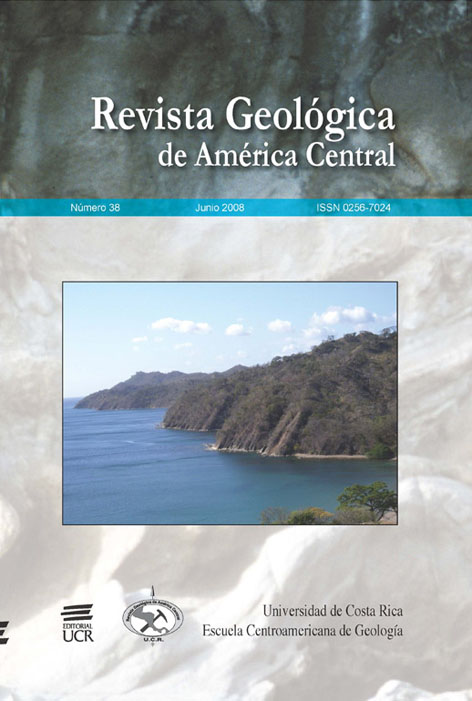Resumen
New detailed geological field studies and 14C dating of the Cosigüina Volcano (westernmost Nicaragua) allow to reconstruct a geological map of the volcano and to establish a recent stratigraphy, including three historical eruptions. Five major sequences are represented. I: pyroclastic flows around 1500 AD, II: pyroclastic flows, scoria and pumice flows and surges, III: pyroclastic deposits related to a litoral crater, IV: pyroclastic flows related to 1709 AD eruption, and finally, V: pyroclastic deposits corresponding to the cataclysmic 1835 AD phreatic, phreatomagmatic and subplinian eruption, which seems to be relatively small-scale in comparison with the preceding historical eruptions. The pulsating geochemical character of the pyroclastic rocks in the last five centuries has been documented. The beginning of every eruption is marked by increasing contents of silica and Zr. Based on that, regardless of present-day volcanic repose, the entire Cosigüina Peninsula should be considered as a very hazardous volcanic area.##plugins.facebook.comentarios##
Descargas
Los datos de descargas todavía no están disponibles.






